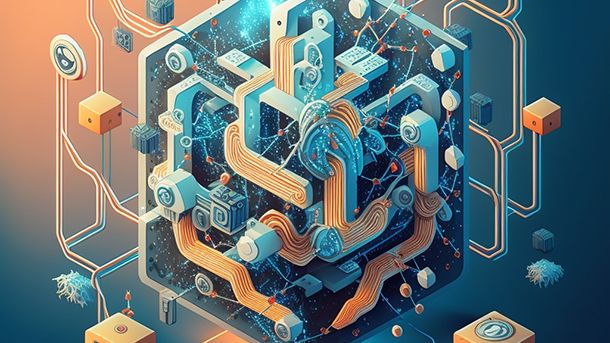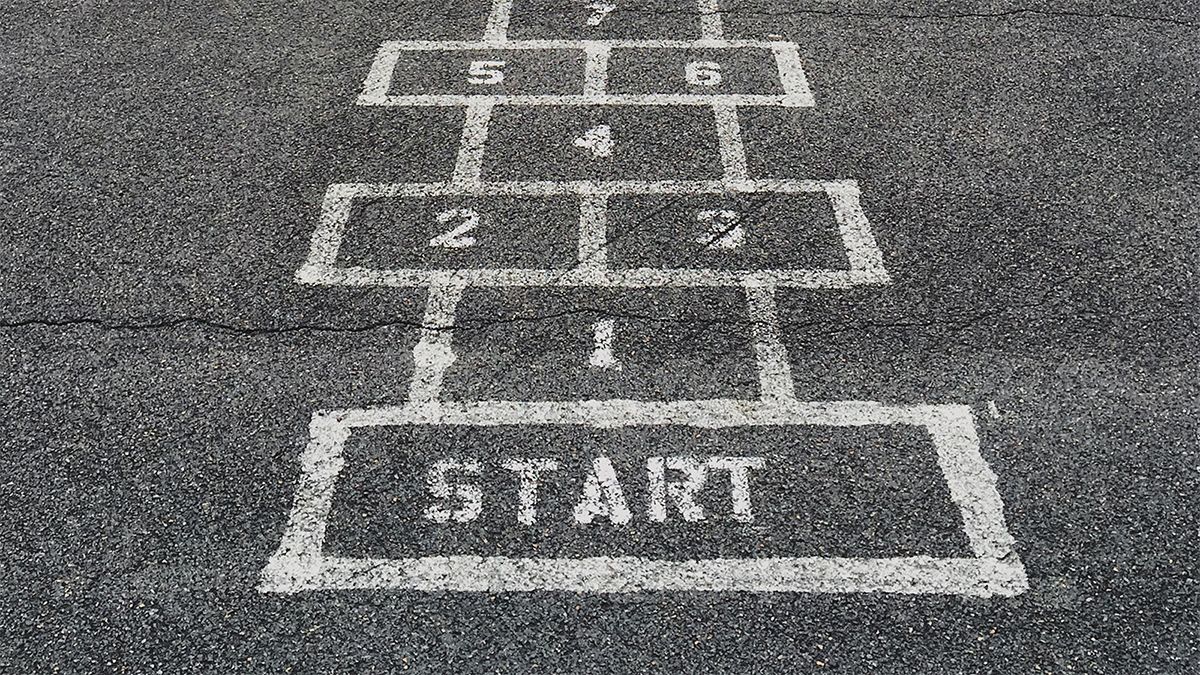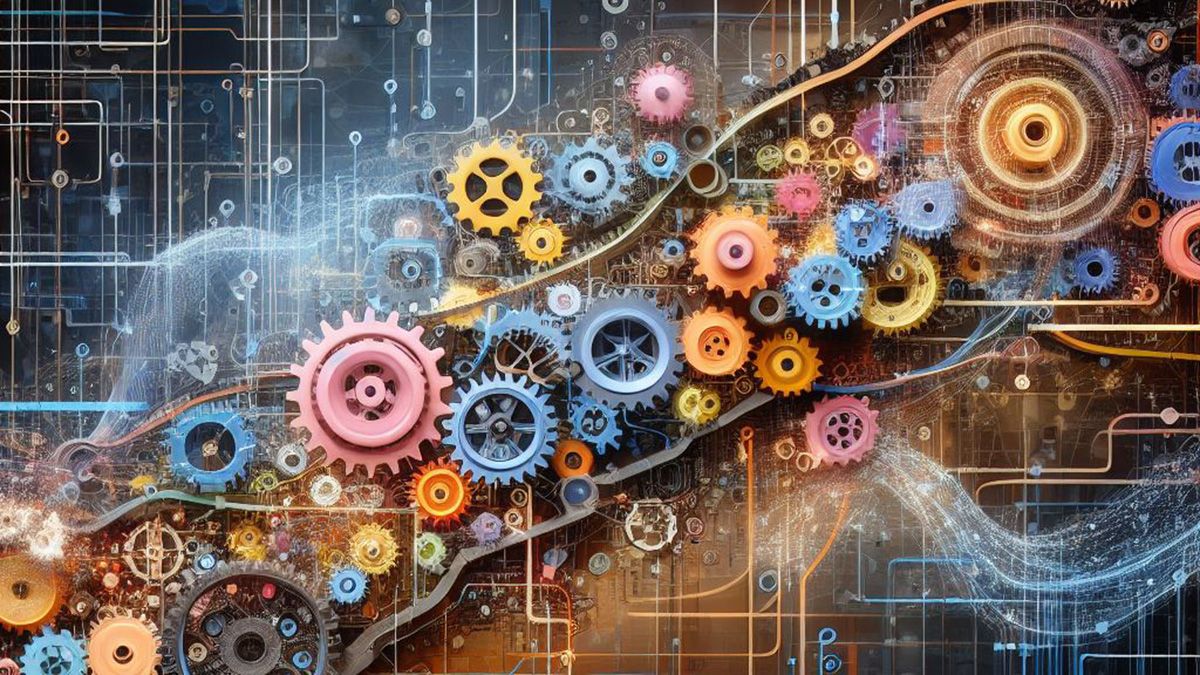The Future of AI in Education
Artificial intelligence (AI) is revolutionizing the way we live and work, and education is no exception. In recent years, AI has been making significant strides in the field of education, and it has the potential to transform the way we learn and teach in the future. In this blog, we will explore the future of AI in education and its potential to revolutionize the way we learn and teach.
One of the most exciting applications of AI in education is personalized learning. AI algorithms can analyze data on student performance and adapt teaching methods to individual student needs. This means that students can receive customized education that is tailored to their strengths and weaknesses. For example, AI-powered tutors can provide real-time feedback and adapt to student's learning styles, enabling students to learn at their own pace and receive personalized attention.
Another area where AI is making a big impact in education is in the development of virtual and augmented reality experiences. With the use of VR and AR, students can explore new worlds, participate in simulations, and learn in an immersive and interactive way. AI-powered virtual assistants can also provide real-time feedback, enabling students to interact with educational content and make informed decisions about their learning.
AI can also play a role in improving assessment and evaluation in education. With the help of machine learning algorithms, teachers can analyze student performance data and use it to provide real-time feedback and make informed decisions about student progress. AI can also help automate the grading process, freeing up teacher's time and allowing them to focus on more critical tasks such as personalized instruction.
The use of AI in education also has the potential to make education more accessible to people around the world. With the help of AI, educational content can be translated into multiple languages, enabling students to access learning materials in their native languages. AI can also help to identify and support students who are at risk of falling behind, allowing educators to intervene and provide targeted support.
Moreover, AI can also play a role in reducing the costs associated with education. For example, AI-powered virtual tutors can provide personalized attention to students, reducing the need for large classroom sizes and enabling schools to provide education to more students. Additionally, AI can help automate administrative tasks, freeing up resources and enabling schools to allocate more resources to education.
Despite its potential, there are also concerns about the impact of AI on education. One of the biggest concerns is the potential for AI to replace teachers. While AI can certainly automate some tasks, it cannot replace the human touch of a teacher. Furthermore, there are concerns about the ethical implications of using AI in education, particularly with regards to privacy and data security.
In conclusion, the future of AI in education is exciting and holds enormous potential. With its ability to personalize learning, improve assessments, make education more accessible, and reduce costs, AI has the potential to revolutionize the way we learn and teach. However, as with any technology, it is essential that we approach the use of AI in education with caution and ensure that it is used in an ethical and responsible manner.












